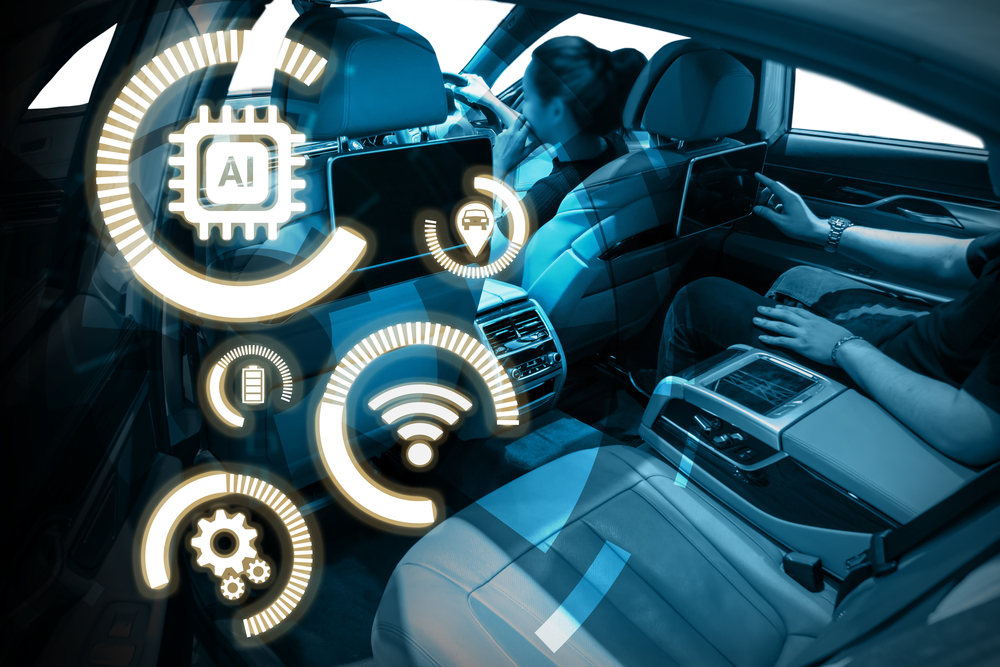
For an industry that has built itself on the promise of a more accident-free alternative to current transportation, deadly incidents involving self-driving cars run by Tesla and Uber are dangerous system shocks that are already being felt in the public trust.
AAA reports that 73 percent of U.S. drivers now attest that they would be too afraid to ride in a fully self-driving vehicle and 63 percent of adult bikers would feel less safe sharing the road with one. This represents a sharp spike since late last year when only 63 percent of Americans indicated fears of riding. Millenials, the quickest to embrace automated vehicles, have also been concerned by the technology’s shortcomings, with the numbers of those too afraid to ride having leaped from 49 percent last year to 64 percent.
“Despite their potential to make our roads safer in the long run, consumers have high expectations for safety,” Greg Brannon, AAA’s director of Automotive Engineering and Industry Relations, said. “Our results show that any incident involving an autonomous vehicle is likely to shake consumer trust, which is a critical component to the widespread acceptance of autonomous vehicles.”
While the non-profit has been a supporter of automated vehicle technologies, AAA noted the need for thorough testing without tossing safety to the wind in the process and a streamlined set of system classifications. Standard terminology, classification systems, and similar performance characteristics could go a long way to cutting down confusion, AAA stated.
“There are sometimes dozens of different marketing names for today’s safety systems,” Brannon said. “Learning how to operate a vehicle equipped with semi-autonomous technology is challenging enough without having to decipher the equipment list and corresponding level of autonomy.”